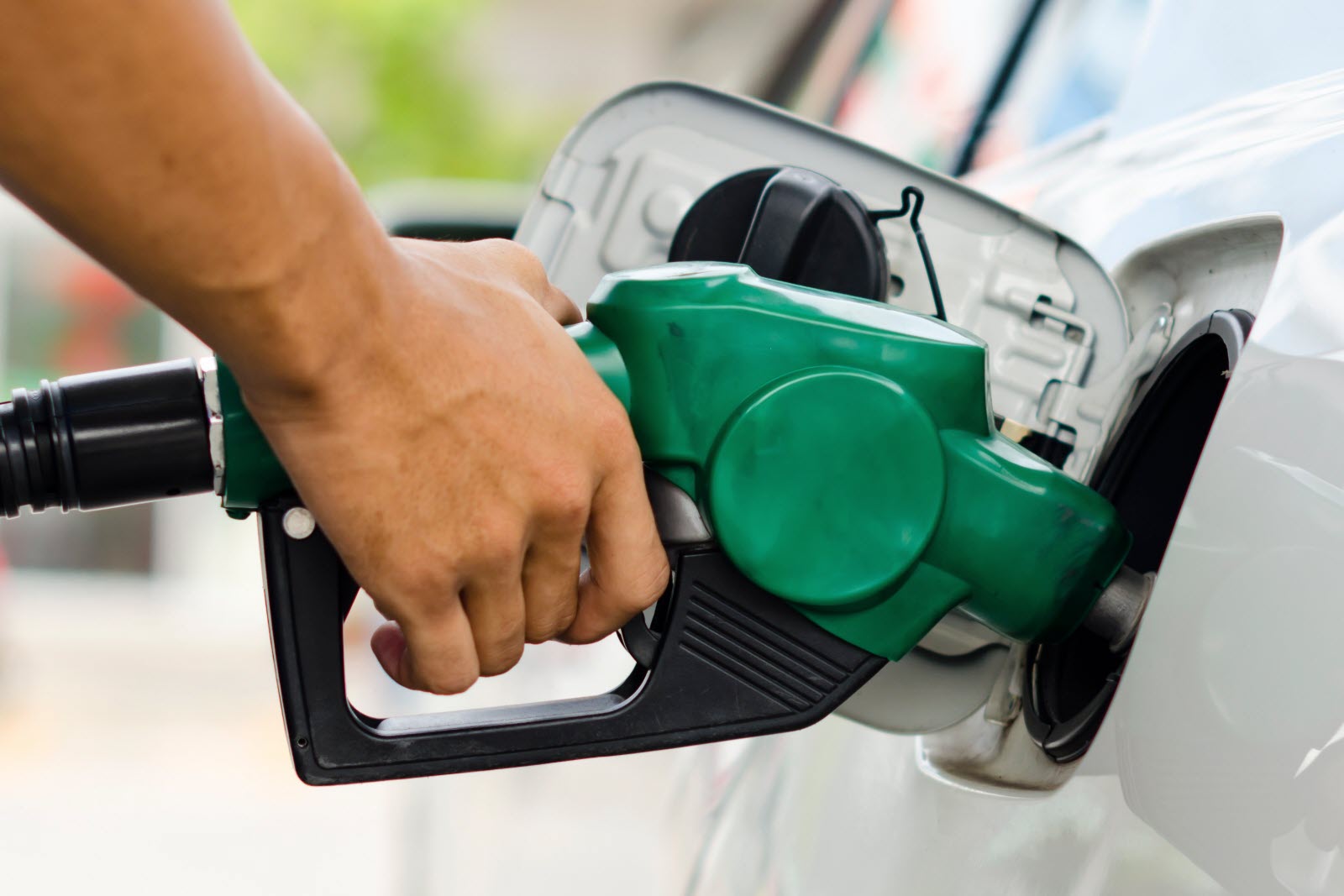The Competition Council of Morocco has just released a detailed report on the performance of the country’s nine largest fuel distribution companies for the second quarter of 2024. While gross commercial margins for diesel and gasoline have seen a decline compared to the first quarter, fuel imports have shown a substantial increase. This trend highlights the challenges distributors face amid fluctuating supply costs and tighter regulatory scrutiny.
Margins drop despite late-quarter recovery
In Q2, distributors reported gross margins of 1.21 MAD per liter for diesel and 1.79 MAD per liter for gasoline—down from 1.46 MAD and 2.07 MAD, respectively, in Q1. The quarter split into two trends: after a drop from mid-April to the end of May, margins rebounded in June, rising from 1.05 MAD to 1.24 MAD per liter for diesel, and from 1.54 MAD to 1.81 MAD per liter for gasoline.
This fluctuation reflects how distributors adjusted retail prices to partially offset cost reductions without fully passing them on to margins. This delicate balancing act suggests a complex management scenario for these companies, as they aim to maintain profitability in a volatile environment.
Significant growth in fuel imports
The report also highlights a marked increase in imported fuel volumes over the previous year. Diesel and gasoline imports reached 1.65 million tons in Q2, valued at 14.03 billion MAD. This represents an 11.2% increase in volume and a 15.9% increase in value, illustrating Morocco’s efforts to meet rising local demand, predominantly for diesel, which accounts for 88% of total imports.
The nine companies analyzed by the Competition Council handled approximately 85% of these imports, underscoring their critical role in the supply chain. Their increased import activities emphasize the need for efficient logistics and a robust infrastructure to support growing domestic demand.
Fuel imports bolster government tax revenue
Tax revenue from fuel imports—a key metric for Morocco’s public finances—reached 7.19 billion MAD, up from 6.41 billion MAD in the same period last year. The Domestic Consumption Tax (TIC) alone contributed to 73% of this revenue, marking an 11% year-over-year increase.
Retail price adjustments reflect lower purchase costs
Fuel distributors also adjusted their wholesale prices to reflect reduced acquisition costs. On average, diesel prices dropped by 0.66 MAD per liter, while gasoline saw a 0.33 MAD per liter reduction. Despite these adjustments, the reductions remained slightly lower than the drop in purchasing costs, hinting at distributors’ strategies to protect margins in a competitive market landscape.
Expanding distribution network
The number of gas stations in Morocco continued to grow, reaching 3,447 by the end of Q2. This includes 36 new stations compared to the first quarter, highlighting distributors’ adaptability and ongoing expansion efforts to ensure coverage across the country. The stations owned by the nine key companies make up 74% of the total, further consolidating their market presence.
Regular monitoring for increased transparency
This report is part of ongoing monitoring efforts by the Competition Council, following agreements with distribution companies to ensure greater transparency. Under these agreements, distributors are required to submit quarterly reports on their supply, storage, and distribution activities, fostering a more transparent and accountable fuel market in Morocco.
